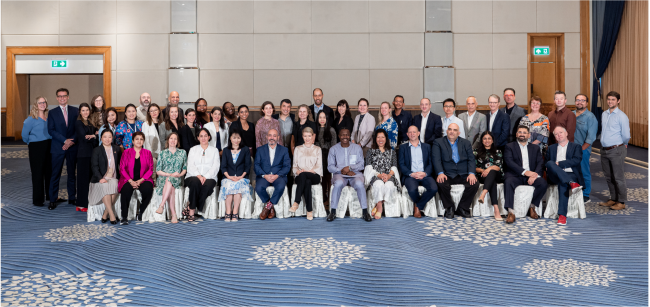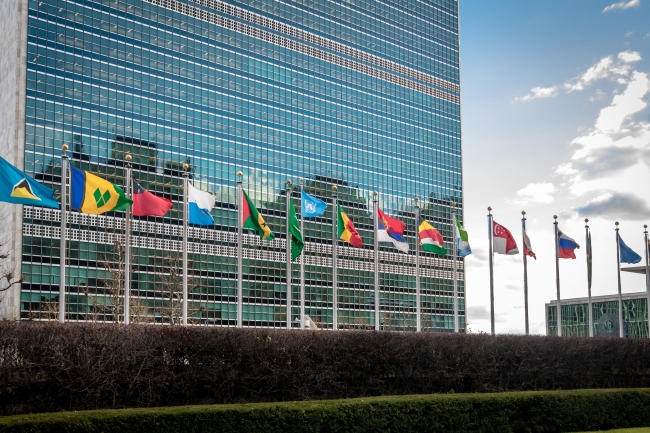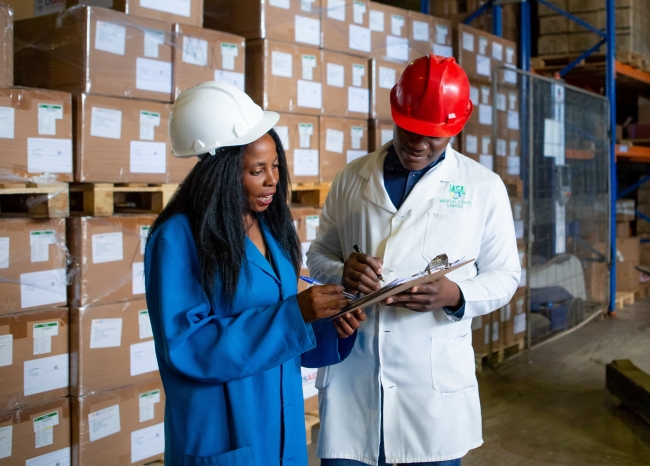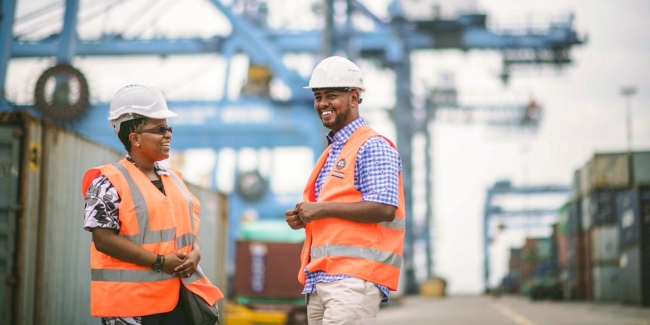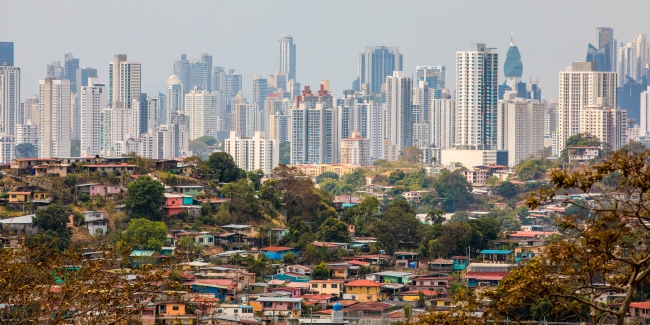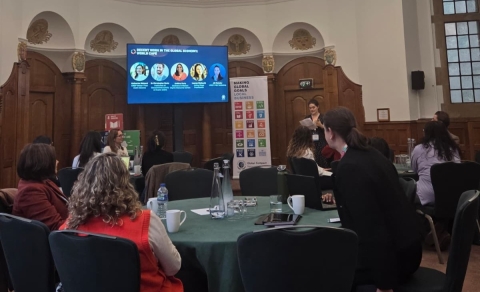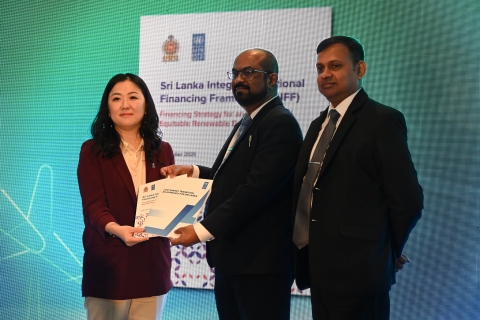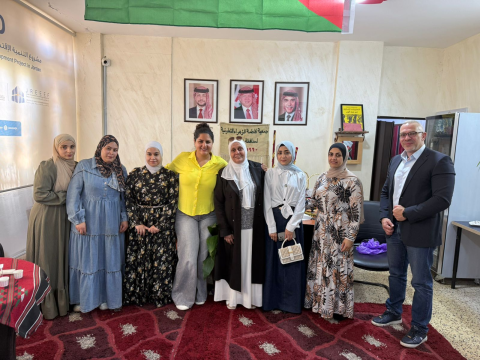UNDP’s SDG finance in Latin America and the Caribbean region
12 JANUARY, 2022

The Latin America and the Caribbean (LAC) region experienced a historical economic downturn in 2020 with GDP contraction of around 7.0%. Despite a rebound of around 6.0% in 2021, its GDP per capita is not expected to return to pre‑crisis levels before 2023‑24. The post-COVID-19 context provides a unique opportunity to adopt a multi-dimensional strategy for inclusive sustainable development.
- In Latin America and the Caribbean, UNDP is supporting 12 countries1 with the design and implementation of the Integrated National Financing Frameworks (INFFs) to strengthen and diversify the domestic and international sources of both public and private finance and develop a financing strategy.
- The INFFs are informed by the Development Finance Assessments in the Region, with Costa Rica pioneering the process. 2
- SDG budgeting exercises are also part of the process and also inform the issuance of thematic bonds. The SDG budgeting exercise in Colombia provides a comprehensive outlook.
- Impact investments, seeking a financial return with SDG-aligned positive impact are on-demand in the Region.
- UNDP’s SDG Impact supports private sector investors in Belize, Brazil, Colombia, Costa Rica, and Paraguay with the SDG Investor Maps. Colombia’s SDG Investor Map is utilized by Bancolombia to design its net-zero carbon investment strategy.
- With UNDP’s support, Mexico became the first country in the world to issue a sovereign SDG bond and issued a second emission of a 15-year SDG Sovereign Bond for a total value of 1,250 m euros in 2021.
- In Bolivia, the Sustainable Bonds framework of the Productive Development Bank has been finalized with UNDP’s technical assistance and the use of SDG Impact Standards for Bond Issuers.
- In Argentina, UNDP has worked with Banco de la Nación to apply the SDG Impact Standards in their loan portfolio.
- In Uruguay, UNDP, together with the Inter-American Development Bank, supports the Ministry of Economy and Finance to issue a sustainability-linked sovereign bond.
- Four new UNDP-OECD Tax Inspectors without Borders (TIWB) programmes launched in Colombia, Ecuador, El Salvador, and Honduras support domestic fiscal revenues. Until today, TIWB supported the collection of US$121.8 m additional tax in the Region. 3
- In Uruguay, UNDP - UNIDO - UN Women joint programme received US$10 m from the Joint SDG Fund and is expected to leverage more than US$68 m, which will support Uruguay’s second energy transition. UNDP also works on the Renewable Energy Innovation Fund, a blended finance window for green transition projects. This programme is expected to have a strong demonstrative effect on innovative financing for developing countries.
- The Insurance and Risk Finance Facility is working on the deployment of insurance and risk-finance solutions in Argentina, Colombia, and Mexico and has initiated its supports to Antigua and Barbuda, Colombia, Dominica, Guatemala, Trinidad, and Tobago, and Peru.
- Business networks in Haiti and Mexico support the private sector with crisis response through the Connecting Business Initiative.
1Barbados, Colombia, Cuba, Ecuador, Grenada, Guatemala, Haiti, Jamaica, Mexico, Suriname, Uruguay, Saint Vincent, and the Grenadines.
2Argentina, Barbados, Colombia, Cuba, Ecuador, Grenada, Haiti, Honduras, Mexico, and Saint Vincent and the Grenadines.
3Colombia (2 programmes), Costa Rica (2 programmes), Honduras, Jamaica (3 programmes), and Peru.

